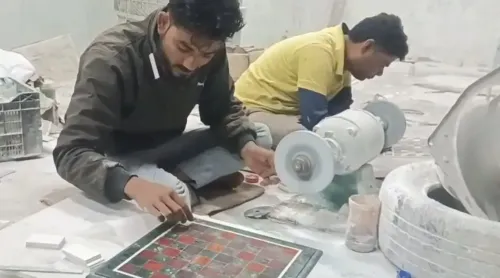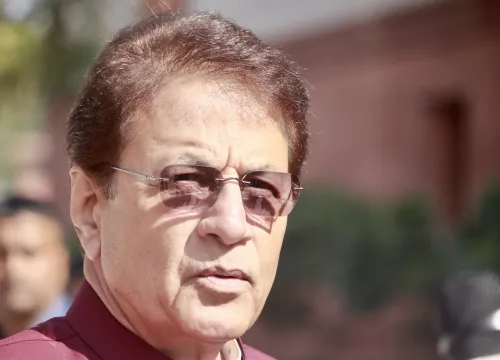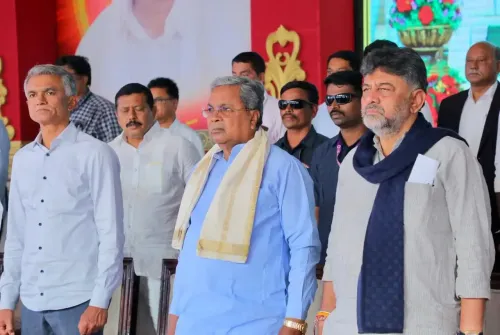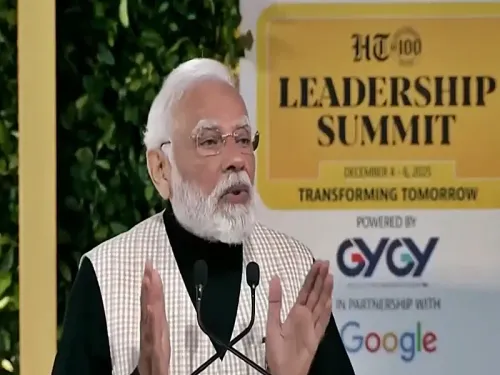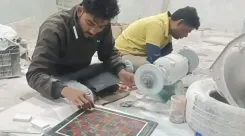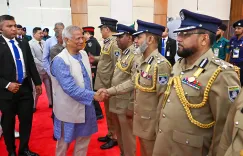Amit Shah Proposes Forensic Vans for Gujarat Districts
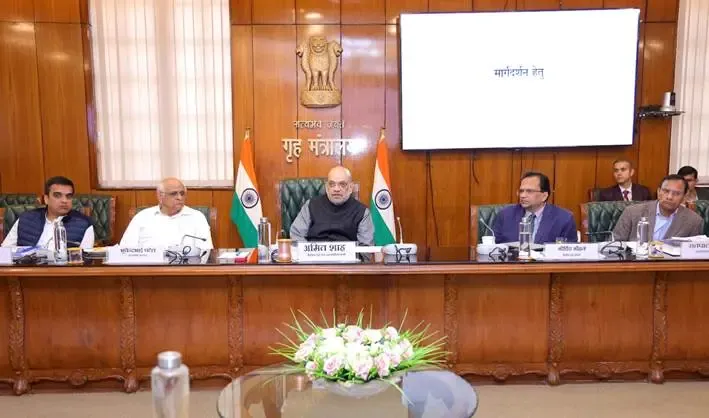
Synopsis
Key Takeaways
- Two forensic vans per district suggested.
- Implementation deadline by April 30.
- Monthly, bi-weekly, and weekly reviews proposed.
- Over 92% timely filing of charge sheets.
- Need for video conferencing evidence recording.
New Delhi, Jan 30 (NationPress) In a recent meeting, Union Home Minister Amit Shah proposed that each district in Gujarat should have a minimum of two mobile vans for forensic evidence collection. This discussion took place with Chief Minister Bhupendra Patel in New Delhi on Thursday.
The focus of the meeting was to assess the application and current progress of the three new criminal laws in Gujarat, which includes new regulations concerning police, prisons, courts, prosecution, and forensic practices.
HM Shah urged the Gujarat government to guarantee that the new criminal laws are fully implemented in all commissionerates by April 30 and throughout the state as soon as possible.
He recommended a monthly review by the Chief Minister, a bi-weekly evaluation by the State Home Minister, and a weekly assessment conducted by the Chief Secretary, Additional Chief Secretary (Home), and Director General of Police.
The Home Minister noted that Gujarat has successfully achieved the timely submission of charge sheets in over 92 percent of cases with sentences exceeding 10 years.
He highlighted the importance of conducting reviews for the remaining cases to facilitate the use of the Act's provisions that allow for court permission requests.
HM Shah pointed out that Gujarat has effectively transformed Zero FIRs into 100 percent regular FIRs.
He stressed the necessity of creating a framework that allows for the transfer of FIRs between states via the Crime and Criminal Tracking Network and Systems (CCTNS) and advocated for Gujarat's adoption of CCTNS 2.0.
On the topic of electronic evidence within the new laws, the Home Minister indicated that the state's Home and Health Departments should collaborate to ensure that post-mortem and other medical reports from hospitals are received electronically.
HM Shah also underscored the importance of establishing a mechanism for recording evidence through video conferencing in prisons, government hospitals, banks, forensic science laboratories (FSL), and other facilities. He suggested that every court in the prisons should have a designated video conferencing cubicle.
The meeting included Gujarat's Minister of State for Home, the Union Home Secretary, Gujarat's Chief Secretary and Director General of Police, the Director General of the National Crime Records Bureau (NCRB), along with several senior officials from the Union Home Ministry and the State Government.


